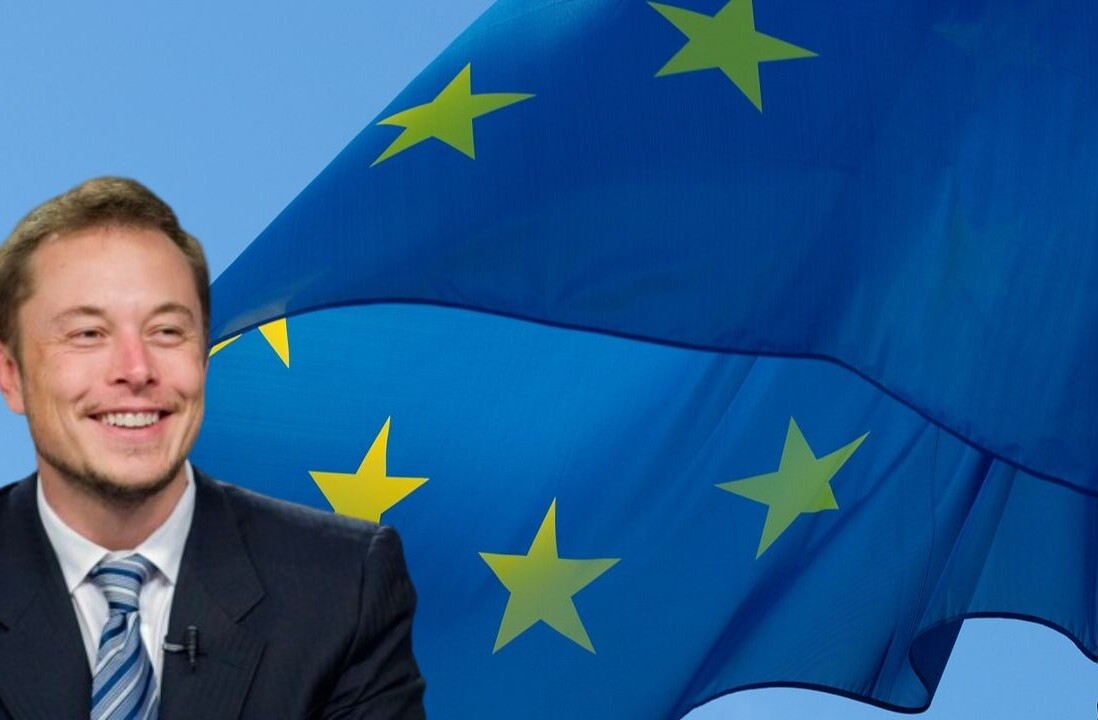
HBO has long been known for dishing out cult TV shows like Curb Your Enthusiasm and Sex in the City — along with recent hits like Game of Thrones and Girls. The network, at the moment, is closely tied to television, and understandably so; cable TV has led it to a massive 29 million paying subscribers.
But even with this dependency, HBO also offers an online service, HBO GO, making its catalog of content available on the Web, iOS, Android, Kindle Fire and more on-demand.
There’s just one catch to HBO GO: you can’t use it, unless you subscribe to HBO. Oh, and you can’t actually subscribe to HBO, unless you already subscribe to cable TV through select providers.
So, what are HBO fans without a cable subscription to do? We’ve been left in the dark, it seems — until now. There’s hope that HBO could eventually break free of its cable TV chains, at least that’s what CEO Richard Plepler has suggested.
Earlier this week , Plepler detailed that “HBO GO could be packaged with a monthly Internet service, in partnership with broadband providers, reducing the cost,” according to Reuters. Plepler reportedly went on, explaining that HBO GO could be packaged with Internet services for “an extra $10 or $15.”
Unfortunately, this shift doesn’t appear to be arriving any time soon; Plepler seems to only be eyeing his options.
Here’s what’s worse: if HBO strikes a deal with select ISPs to bundle its content, the company will effectively open HBO GO’s cell without removing the shackles.
First, let’s kick things off by looking at why any polygamous relationship with cable TV isn’t such a good idea anymore.
We don’t need cable like we used to
For many, especially the tech-savvy set, cable TV has lost its charm. Altering your schedule to the whims of a network’s programming doesn’t feel right anymore, especially when services like Hulu Plus and Netflix make heaps of popular shows and movies available on-demand at relatively low costs.
Yes, it’s frustrating that some shows have found ways to bring new content online hours after airing (like South Park), while others take weeks or even years to join the Web. Even with these barriers, however, the convenience of streaming is starting to erode the benefits of traditional television.
At least in the US, the key shortcoming with a Hulu Plus, Netflix and iTunes setup is simply the lack of live TV content. Sporting events in particular are noticeably absent, but in certain cities even that can be remedied with offerings like Aereo.
And yet, there’s still no HBO.
The leap from cable TV to ISPs
Given that bundling content through cable TV providers has done well enough for HBO, it makes sense for it to jump into bed with ISPs. It’s familiar territory, and in many cases across the US, HBO would actually be working with the exact same companies (like Verizon) to negotiate a new deal. That’s exactly why teaming up with ISPs is such a terrible idea, because this model of allowing service providers — dumb pipes — to control content distribution will only become more common.
Time has shown why infrastructure is usually best left out the content game — it’s the same reason why electricity companies shouldn’t have a say in what electronics you buy. Empowering gatekeepers like this simply discourages an open Internet, allowing ISPs to charge you by the services you use. Comcast’s recent deal with GE to take complete control over NBC is worrisome enough. We need HBO to make a bold move.
Open The Gates
What if HBO was launched as a proper, independent service? Not only would it avoid the gatekeeper problem, but HBO could also gain control of its distribution (a refreshing but costly change), while heavily expanding its potential user base. The company has already proved that people will pay for its content, so why won’t HBO just take my money?
Unfortunately, there would be consequences due to making such a move. In expanding its online venture, HBO would simultaneously anger the very service providers which are responsible for its customers. Even a simple boycott on the part of cable providers — like not promoting HBO’s bundle to new subscribers, for example — could harm the network.
This is the conundrum HBO faces, and the company appears to have a decision to make: it can either cling to its service providers or truly take the plunge. The demand is there, but does HBO have the guts?
Image credit: Kimberly White / Stringer / Getty Images
Get the TNW newsletter
Get the most important tech news in your inbox each week.




